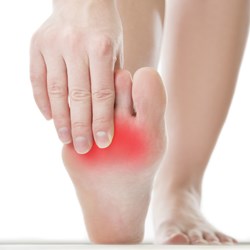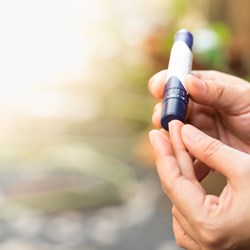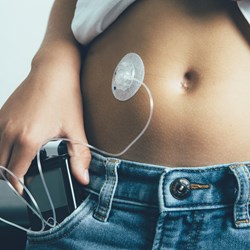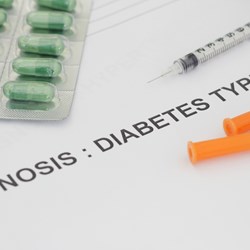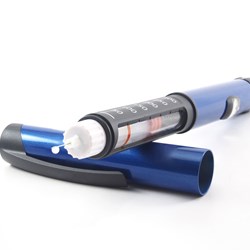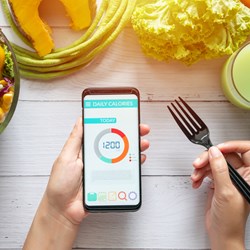Patient Stories
Sharing stories and advice with other people with diabetes can be a useful way of learning, building confidence and inspiring behaviour change. This section includes people sharing their experience of living with diabetes and encourages people to develop their own social support networks.
A team of researchers from the University of Manchester would like to talk to people who have registered about their experience of using Diabetes My Way, however much or little that might be. This would involve taking part in an interview that will last up to 45 minutes, over the telephone or via a video conferencing app such as Skype, Zoom or Teams. If you would like to talk to a researcher about your experiences of using Diabetes My Way and help us to shape the way we support people to manage their diabetes please email Joanna.goldthorpe@manchester.ac.uk for more information.
Advanced Search
Resource type -
Language -
Type of diabetes -
Having diabetes means you're at much greater risk of developing foot problems. This is because raised blood glucose, also known as blood sugar, can damage the sensation in your feet. It can also affect your circulation, which can lead to you getting less blood supply to your feet.
A low blood sugar, also called hypoglycaemia or a "hypo" is where the level of sugar (glucose) in your blood drops too low. In this video, healthcare professionals describe what hypoglycaemia is; how it is treated and what can cause it. You will also hear from people with diabetes describe their own…
An insulin pump is a small electronic device that gives your body the regular insulin it needs throughout the day and night. In this video, healthcare professionals explain what it is and how it works, and people with type 1 diabetes discuss their own experiences with insulin pump therapy.
Type 2 diabetes is often diagnosed following blood or urine tests for something else. It's usually difficult to take in everything the GP tells you during the appointment, this film discusses how people felt when receiving the diagnosis of type 2 diabetes and what the next steps were.
Having type 1 diabetes shouldn't stop you from taking part in extreme sports, however, it does mean that you have to be a bit more prepared and plan for the unexpected. Martin Draper talks about his experiences with having type 1 diabetes and participating in extreme sports.
The treatment of type 1 diabetes has changed over the years and although the principles are similar, there are now more tools than ever to help with the treatment and management of type 1 diabetes.
For some people with diabetes, technology can be a really important part of how they manage their diabetes.
Most people treat their Type 2 diabetes with medication, diet and exercise. But some people are able to stop taking medication and put their diabetes into remission. This can be life-changing.
